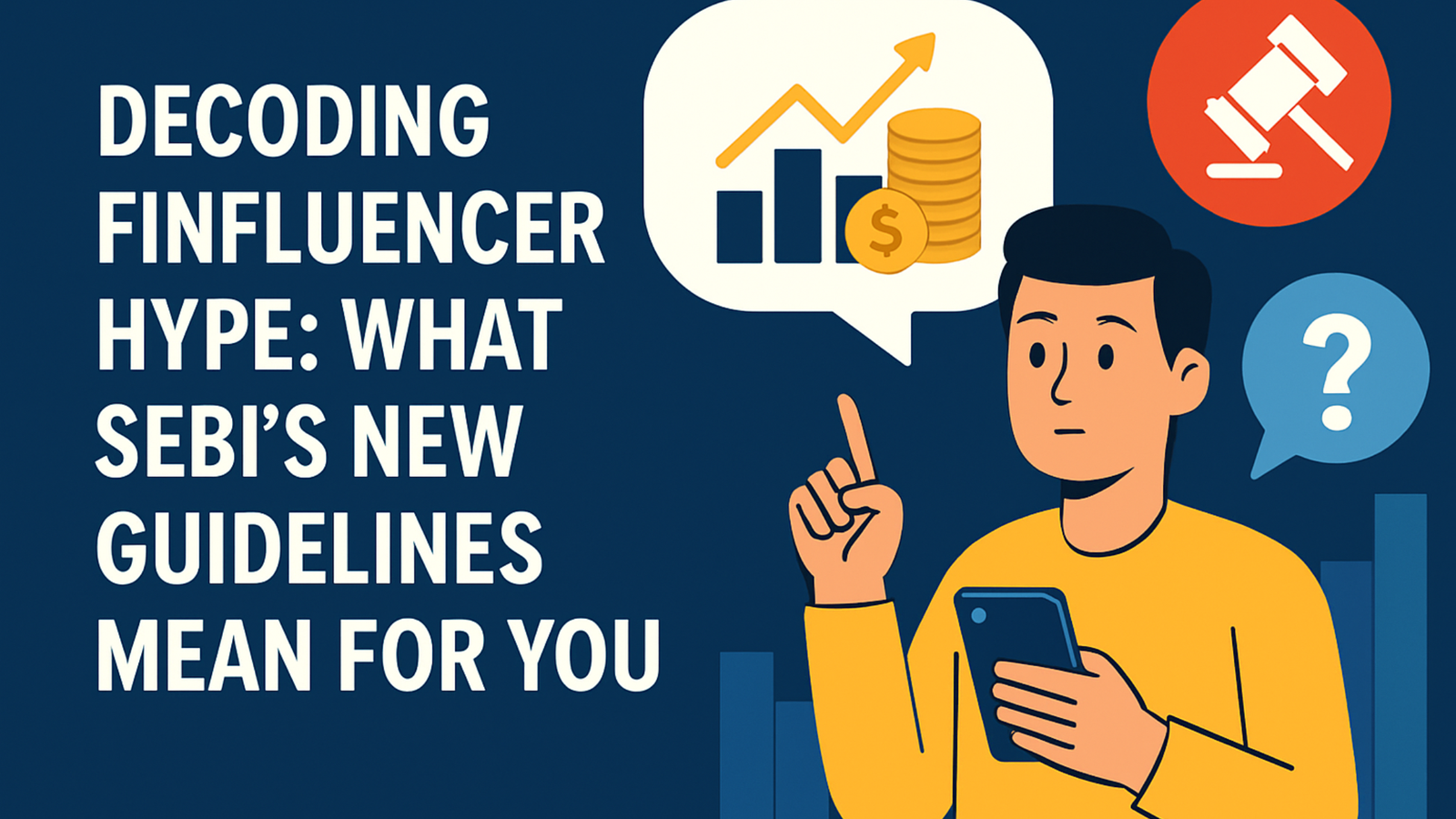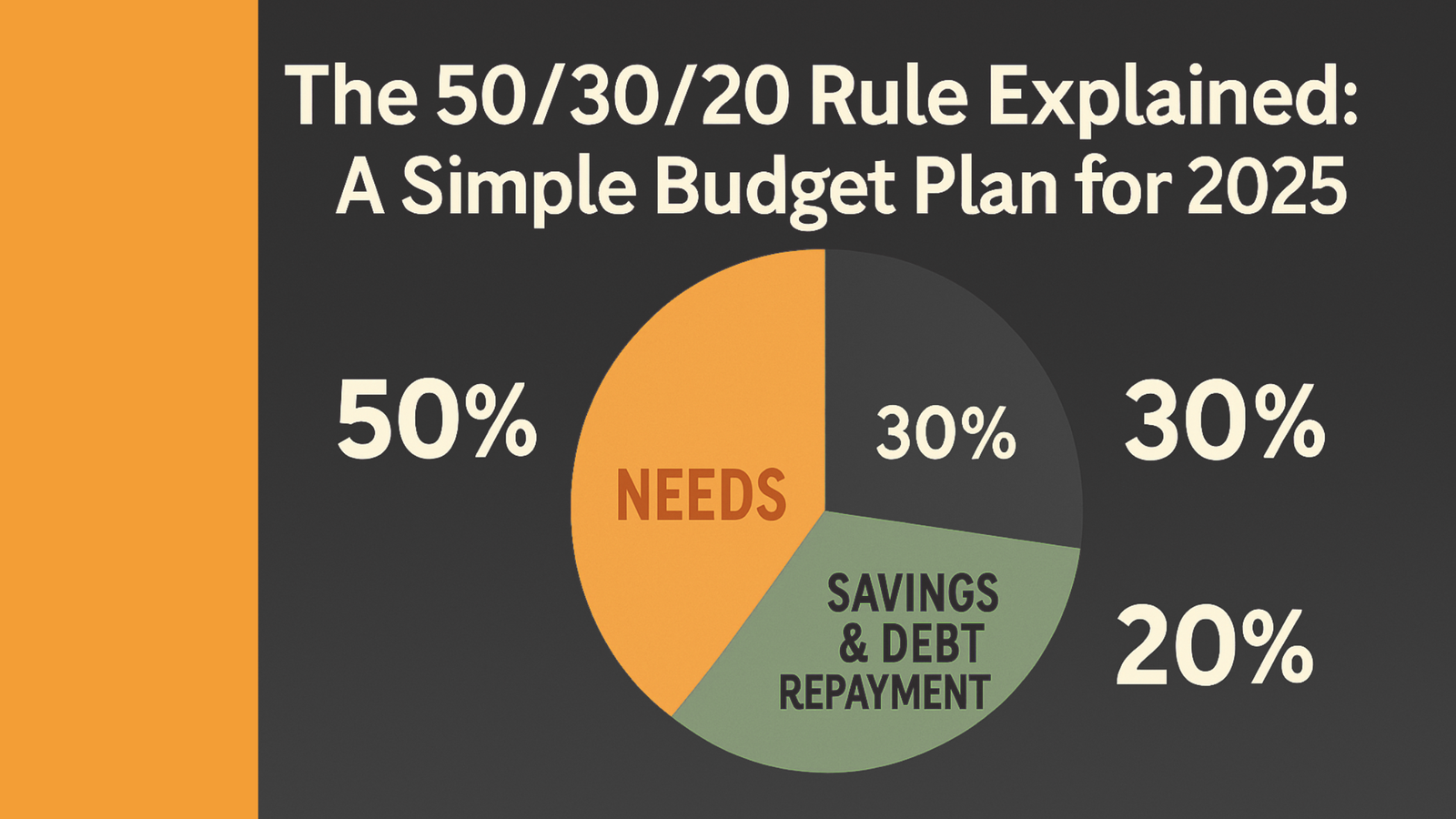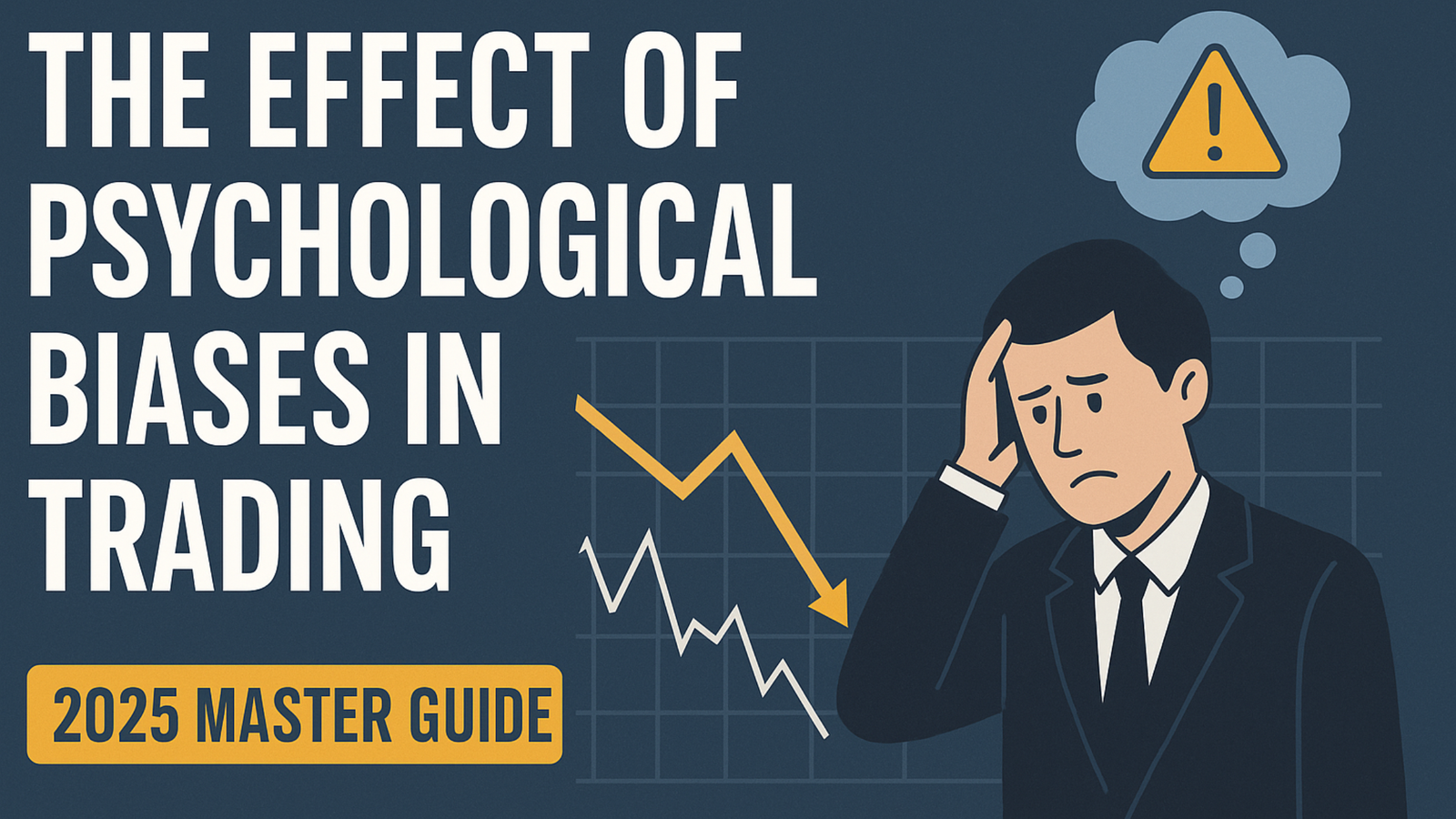Introduction: The Rise of the Finfluencer
Over the past few years, India has witnessed an explosion in finance content creators, commonly known as finfluencers. From YouTube videos titled “Best Mutual Funds to Buy in 2025” to Instagram reels giving “one-minute stock tips”, these creators have attracted millions of followers—many of whom are young, first-time investors.
But with influence comes risk.
What if that “top stock pick” was actually a paid promotion?
What if your investment decisions are based on unregulated, biased, or even misleading advice?
This is why, in 2023 and further reinforced in 2025, the Securities and Exchange Board of India (SEBI) stepped in with a clear message: not all finance advice online is trustworthy—or legal.
What Are SEBI’s Guidelines on Finfluencers?
SEBI defines a finfluencer as:
“An individual providing investment-related content via digital platforms without being registered as an investment adviser or research analyst.”
In 2023, SEBI proposed several key regulations (source) to address the growing concerns:
Key Guidelines:
- Ban on unregistered investment advice
No person can provide direct or indirect investment advice unless registered with SEBI. - No revenue-sharing with influencers
Registered intermediaries (e.g., brokers, platforms) are prohibited from paying or compensating unregistered finfluencers. - Mandatory disclosures
Creators must disclose any affiliations, sponsorships, or payments clearly and prominently in their content. - Misleading claims are strictly prohibited
Finfluencers cannot guarantee returns or make claims like “double your money in 3 months.” - Penalties and legal action
Non-compliance can lead to fines, bans, or criminal prosecution.
Why SEBI Had to Step In
1. Influencers as Financial Gurus
Social media users, especially Gen Z and young millennials, are more likely to trust a YouTuber over a traditional bank. The problem? Many of these influencers are not certified, and their recommendations are sponsored.
2. Conflicts of Interest
Some finfluencers were being paid to promote trading platforms, pump penny stocks, or push investment schemes without proper disclosures. A 2022 report by Livemint noted how many retail investors lost money following “tips” from unregistered creators.
3. FOMO Culture
“Fear of Missing Out” driven by viral content and sensational headlines often leads users to make impulsive investment decisions, without understanding the underlying risks.
How to Know If a Finfluencer is Legit
Here’s a quick checklist you can follow:
| Trusted Indicators | Red Flags |
|---|---|
| SEBI Registered (IA/RA) | “DM me for personal advice” |
| Clear Disclosure of Ads | No mention of affiliations or links |
| Focus on education | Promises of “guaranteed returns” |
| Uses facts/data sources | Clickbait titles like “1000% returns” |
You can verify SEBI registration by visiting the SEBI Intermediary Portal.
What This Means for You as an Investor
1. More Transparency
You’ll start seeing disclaimers, partnership labels, and ad disclosures—just like in other regulated industries.
2. Better Accountability
If someone gives you bad advice, there’s a legal trail. You can hold SEBI-registered advisors accountable.
3. Separation of Education vs. Promotion
Educational creators who genuinely teach finance will thrive. Paid promoters pushing shady schemes will face regulatory heat.
What You Should Do Instead
Follow SEBI-registered advisors
They follow strict compliance and cannot offer misleading claims.
Use trusted platforms
Apps like Zerodha, Groww, and ET Money are SEBI-regulated. However, always read the fine print.
Read credible finance blogs
If you’re learning about immunity, you wouldn’t trust random WhatsApp forwards—same logic applies to your money. Choose trusted sources like:
- RBI’s Financial Literacy Resources
- SEBI Investor Education
- Circadian Rhythm Fasting for Shift Workers: A Smarter Way to Stay Healthy (relatable in terms of healthy skepticism)
Future of Finfluencers in India
Finfluencers aren’t going away—but only the credible ones will survive.
Expect:
- Verified “SEBI-compliant” badges on platforms
- AI tools scanning for fake tips and bots
- Stronger media literacy campaigns in schools & colleges
In 2025, platforms like YouTube and Instagram may even auto-flag content offering financial advice without registration.
Final Thoughts: Learn. Question. Verify.
Financial freedom comes from knowledge, not noise.
You don’t need to unfollow every finance influencer—but you do need to ask:
“Are they trying to educate me or sell me something?”
And most importantly, never take advice from someone who has nothing to lose if you’re wrong.
Stay Informed
Subscribe to our newsletter for weekly insights on financial trends, regulations, and investment strategies that actually help you grow—without the hype.
⚠️ Disclaimer: This blog post is for informational and educational purposes only and does not constitute financial, legal, or investment advice. Readers are advised to consult with a SEBI-registered financial advisor before making any investment decisions. While every effort is made to ensure accuracy, we make no guarantees regarding the completeness or reliability of the information presented. Any use of this content is at your own risk.









